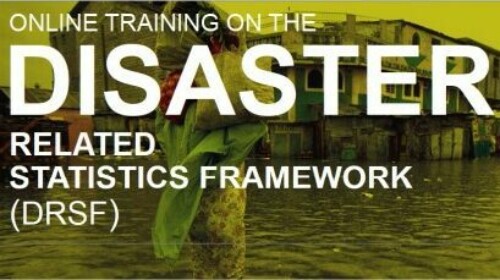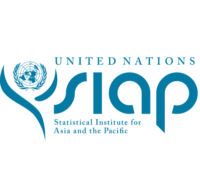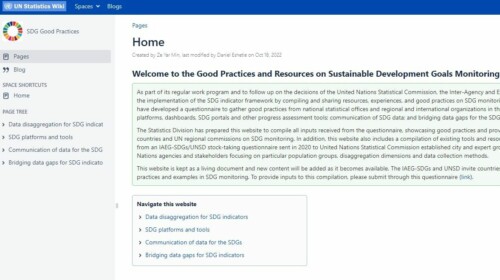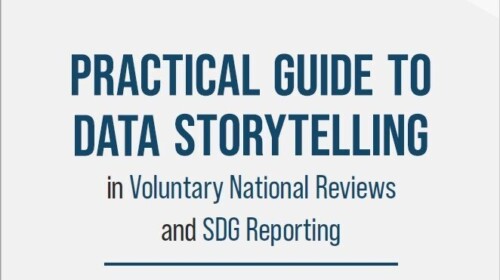Disasters continue to have an ever-increasing impact on life, well-being and sustainable development. Given these impacts, there is a high demand at the local, national and international levels for high quality, integrated statistics to inform all phases of the disaster risk management cycle. Furthermore, disaster related statistics are not only relevant to those working to prepare and respond to disasters but also to the public at large, research institutions and policy analysts at the local and national levels. In response to the increased demands for disaster related statistics, the disaster management and official statistics communities in Asia-Pacific have developed the Disaster-related Statistics Framework (DRSF).
The DRSF aims to improve countries capacities to produce high quality, integrated statistics on disasters; and, it is the basis for this course. During the course participants will learn about the importance of harmonized data and its relevance to policy making at the national and global level. Other topics covered include statistics on disaster risk, disaster occurrence and impacts, and economic losses.
Download SyllabusTarget Audience
The target audience are officials in national statistical offices, line ministries and other institutions (including National Disaster Management Agencies) who are working on disaster related issues. The course can also be useful to a wider audience who is interested to learn more about disaster related statistics.
Learning Objectives
By the end of the course, participants will be expected to:
- Be informed about relevant policy initiatives (including international initiatives such as the Sendai Framework and the SDGs)
- Understand concepts of disaster statistics
- Learn about harmonized data and integration of different data sources to support policy development
- Comprehend data relevant to different components of disaster risk management cycle








